WCSB10
10th World Conference on Sampling and Blending in Kristiansand, Norway
One Day short courses
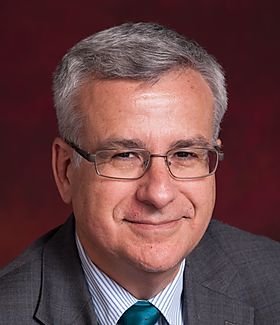
Rodolfo Romañach
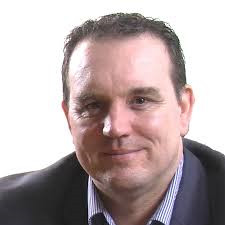
Brad Swarbrick
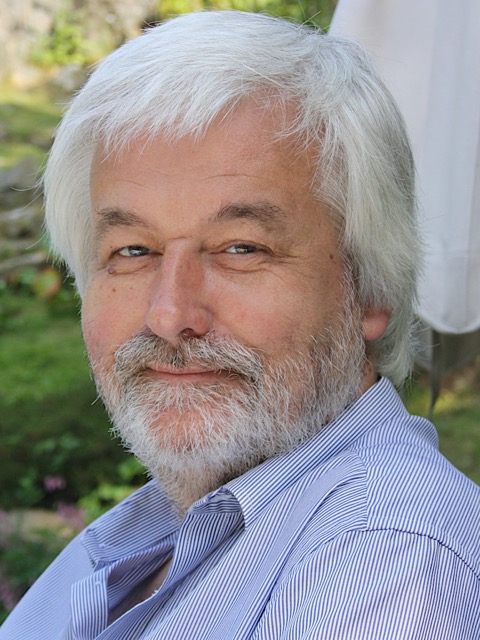
Kim H. Esbensen
1. Process Analytical Technology (PAT) and TOS-compliant sampling in Pharmaceutical production and monitoring - the rules of the game!
Course providers: Brad Swarbrick, Rodolfo Romañach and Kim H. Esbensen
When: Date Sunday 29th May 2022, Radisson Blu Caledonien Hotel - Sky bar workshop room. Lunch, drinks and snacks is included in the short course package.
This short course presents the necessary and sufficient Theory and Practice of Sampling (TOS) principles and procedures for representative PAT sampling in pharmaceutical and biopharmaceutical operations in an easy-to-understand didactic format. Deliverables from this short course are:
- TOS for process characterisation and improvement: variographic analysis,
- How to estimate the total sampling-plus-analytical error effects, and how to decouple these from true process variation,
- This course will show participants how to establish specifications for sampling of powder mixtures TOS focuses on counteracting the adverse effects of mixture heterogeneity. There is a complete duality between physical sample extraction and PAT sensor sampling: TOS is the missing link in PAT!
It is often claimed that sampling in pharma necessitates special methods and precautions because of regulatory demands. Until recently authorities supplied a Draft Guidance for establishing blend uniformity in powder mixing processes. However this guidance was subsequently withdrawn and each company must currently justify their specifications. With the advent of Continuous Manufacturing (CM) the need for representative sampling in real time has greatly accelerated the innovation of new and reliable systems for collecting representative data using Process Analytical Technology (PAT). This approach must also be translated to batch processes, which are still the most used in industry today. There still exist many questions in industry such as: How can regulatory authorities assess disparate sampling procedures? or How can companies and supervisory management ensure adequate sampling? The Theory and Practice of Sampling (TOS) to the fore!

Kim H. Esbensen
3. Introduction to the Theory and Practice of Sampling (TOS) – a new didactics for science, technology, industry, commerce and society.
Course provider: Kim H. Esbensen, KHE Consulting, Denmark
When: Date Monday 30th May 2022, Sky bar workshop room. Lunch, drinks and snacks is included in the short course package.
This short course starts from level zero in a novel didactic framework without excessive mathematics and statistics, developing a conceptual framework with which TOS’ six Governing Principles and four Sampling Unit Operations can be understood in a unifying manner, enabling everybody to start sampling in a correct fashion in just one day.
The short course covers sampling from stationary lots, from moving, dynamic lots (process sampling) and focuses on sampling in the analytical laboratory as well, making use of many practical examples and cases.
Attendees are offered a special bonus: selected topics/chapters from the 2021 follow-up book: “TOS & PAT – the way forward for representative process analytical sampling”.
“Sampling is not gambling” (Pierre Gy). Analytical results forming the basis for decision making in science, technology, industry, society, commerce must be relevant, valid and reliable. But analytical results cannot be detached from the specific conditions under which they originate. Proper sampling emerges as the critical success factor before analysis.
This short course deals with how to acquire defensible representative samples from heterogeneous materials and lots and for optimal monitoring/QC in industrial processing & manufacturing. The sampling process must be in full compliance with the Theory and Practice of Sampling (TOS), the world’s only science-backed guarantee against hidden economic losses, preparing for valid decision making.
Two Day short courses
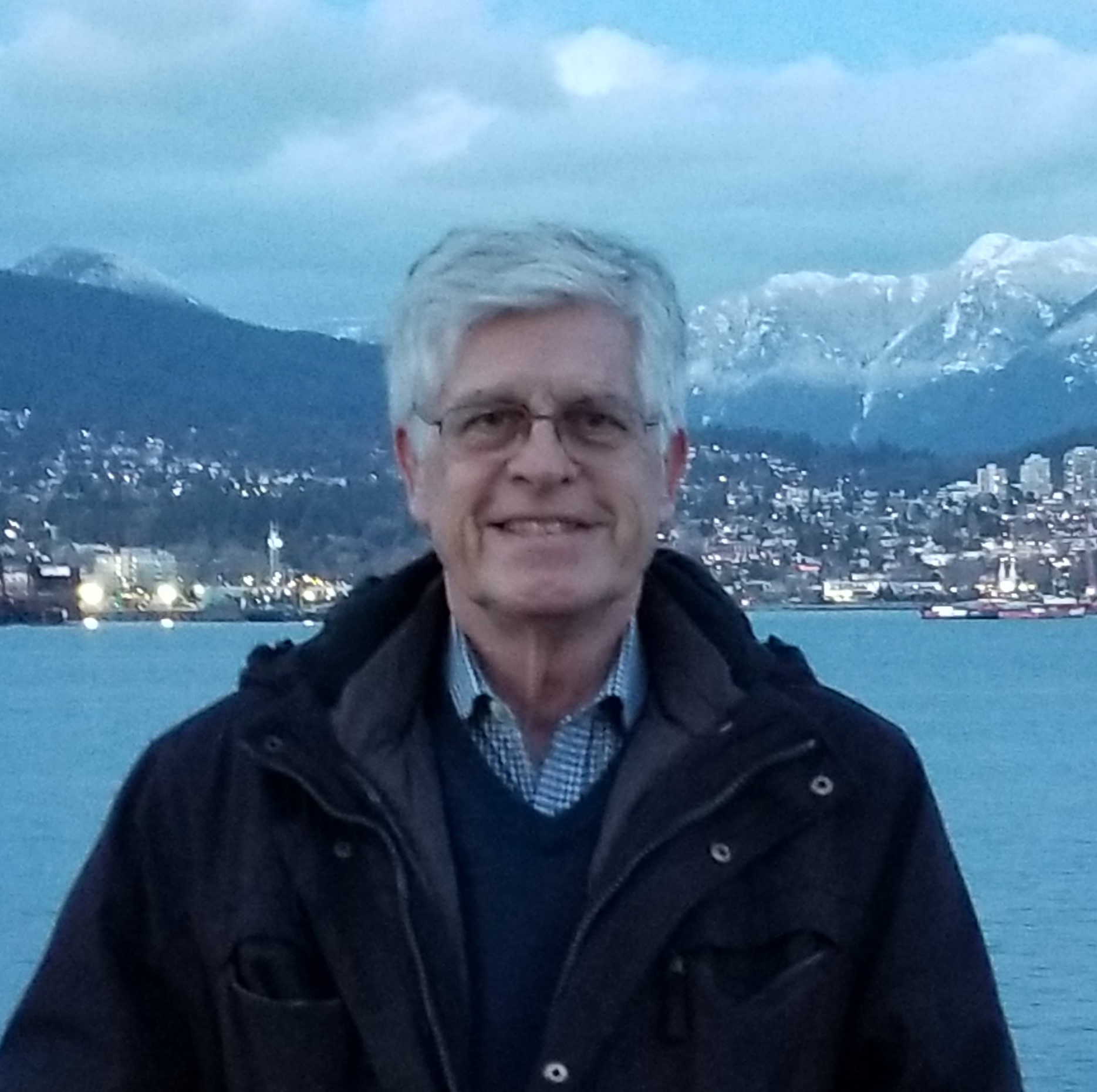
Dominique F. Bongarcon
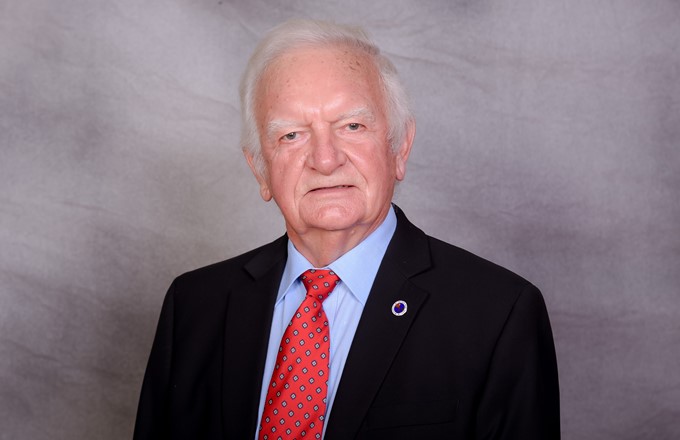
Francis F. Pitard
4. Sampling Theory and Practice, their Economic Impact (Day 1) and Analysis of Sampling Correctness and the Futility of Bias Tests (Day 2).
Course providers: D. Francois-Bongarcon (AGORATEK International Consultants Inc., Canada) & Francis F. Pitard (Francis Pitard Sampling Consultants, LLC)
When: Date 29th & 30th May 2022, Baldevin meeting room at the Radisson Blu Caledonien Hotel. Lunch, drinks and snacks is included in the short course package for both days.
Often coined ‘an eye opener’, this compound course is an in-depth introduction to all things sampling, including differences w.r.t. geostatistics, and theoretical origins as well as practical applications of Gy’s Theory of Sampling (TOS). For metallurgical accounting there is no substitute for sampling correctness, the cornerstone of TOS. Stationary cutters and many sampling devices heavily promoted by some well-known manufacturers are transgressing the most elementary rules of sampling correctness, therefore cannot and will not work. A profound analysis of these problems is presented.
Sampling is a difficult, at times economically dangerous job, and its contributions and limitations must be well understood. What to do and what not to do in front of a sampling challenge are fundamental to the economic success of a mining operation/decision. Alas, not every situation is always as per the books. The sampling practitioner must therefore learn to rely on good scientific knowledge, proper insight and perfect reflexes, which this course will start developing. Quantifying a sampling bias is an exercise in futility. Many people think that if they can quantify the sampling bias, they then can decide if they can live with the bias or not. Unfortunately, sampling biases are never constant; furthermore, an incorrect sampling system is likely to be biased in several independent ways. This important topic is vastly overlooked and will be discussed.